Treating Autism with Medical Cannabis Part II: “Finding the Right Doctor with the Right Approach”8/29/2018
Medical cannabis is now becoming known as one of the safest and most effective form of treatment for many qualified medical conditions. More states are recognizing its incredible healing properties and legalizing its medicinal use. Thankfully, Florida is one of them. However, among the many important decisions special needs parents need to make, finding the right doctor for qualifying and treating your child with medical cannabis is a decision not to be taken lightly. Our family was in search of a doctor who is aligned with our beliefs for holistic approaches, knowledgeable in treating special needs children with medical cannabis, and values meaningful doctor-patient relationships. Few doctors have all of these characteristics or this level of expertise, making this one of the most difficult tasks to take on. Luckily, we found a specialist who exceeded our expectations in Dr. David Berger of Wholistic Releaf.
6 Comments
Autism continues to be on a “diagnosis rise” as the Center for Disease Control and Prevention estimates it affects 1 in 59 children across the United States. Many of you who have been loyal readers (thank you) of my blog know of our life as a family with a loved one named Richie who has autism. Our family has recently made the decision to treat Richie’s symptoms with medical cannabis and we want to take you along with us on this journey. In this blog series, I will share an overview of how autism impacts Richie's life and our family. This series will chronicle our experience of the application and treatment process. We hope to achieve the same life-changing results reported by other families of loved ones with autism after using medical cannabis. It's also our wish to raise awareness of how medical cannabis can be a holistic and alternative treatment option for families like ours to consider.
It is exciting times. Our son Richie who has autism is sixteen-years-old and has started using words to communicate. We know we have a long way to go before he starts using full sentences, but this is an amazing start. Especially, when I was told by professionals that Richie would never speak when he was diagnosed with autism at age two. In this post I'll be sharing some of the methods we've been using to help facilitate Richie's ability to communicate with us and others.
This weekend we celebrated National Puerto Rican Day in our own way here in the Sunshine State of Florida. We celebrate Hispanic Heritage Month every year, but every second Sunday in June, Puerto Ricans celebrate their cultural contributions to the United States and their residence in the mainland by marching along 5th avenue in Manhattan, New York. The very first parade was celebrated on Sunday, April 13, 1958. While we couldn't join the fun at the parade, we got together with family and celebrated Puerto Rican culture. In doing so, we all shared some information we knew about Puerto Rico and learned some things that we didn’t know. It was a fun gathering with music, dominoes, delicious food, and spending time together as family.
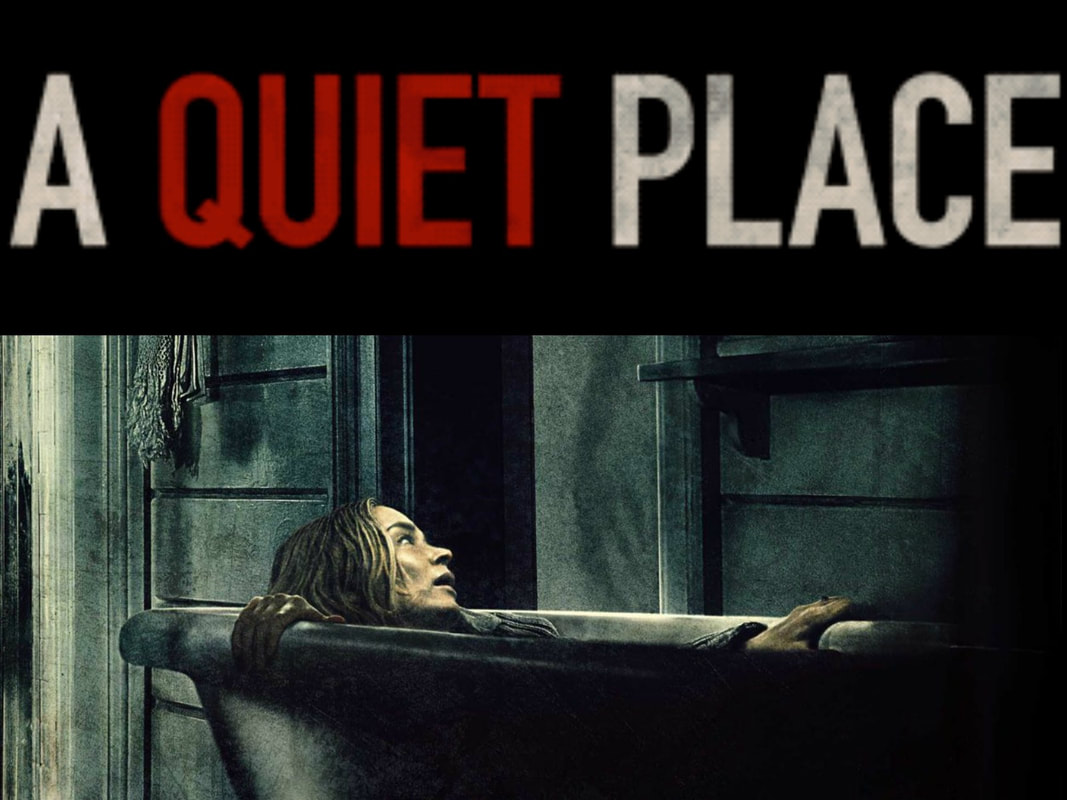
This film has all the elements of a horror movie that was brilliantly done. From the writing and directing, to the acting and musical score, this movie has it all! Edge of your seat suspense – check. Fear of the dark and the unknown – check. Creepy and grotesque creatures – check. Scary places (like corn fields) – check. Fear of the unusual and ultimately death – BIG CHECK! Of all these important chilling elements, what probably tops this list is the fact that the only character with a disability is actually played by an actress with the same disability (the daughter is hearing impaired). This is a wonderful precedence that John Krasinsky (director and leading actor in the film) sets for others in the big screen industry. I know, we've seen it before in movies like "Children of a Lesser God" (Marlee Matlin is a hearing impaired actress who played the role of a character with the same disability), but it shouldn't be a rare occurrence.
The color green represents so many wonderful things. It’s symbolic of nature, life, environment, growth, and financial success. Financial growth was never really a headlining topic for members of the disability community before the ABLE (Achieving a Better Life Experience) Act was passed. It’s no surprise that ABLE United account holders are starting to love the color green! If financial stability, financial growth, and making sure you or your loved one's are financially fit interests you, then ABLE United has a featured giveaway and learning opportunity you’re going to love!
Over the years, the public opinion has taken a noticeable shift in favor of legalizing medical marijuana. While many opponents continue the long and wasteful debate over marijuana being the gateway drug to addiction or worse (because prescribed opioids or other narcotics aren’t, right?), more cases are proving – undeniably - that medical marijuana is changing and improving the lives of hundreds of thousands across our country and around the world.
My son Richie (who happens to have autism) has been a client of many therapists, a patient of several doctors and he’s been seen or treated by other professionals throughout his life – since he was three-years-old to be exact. Many of them were amazing at their profession and many were not so great. I write this in absolute gratitude to the many service providers who chose a life of helping, teaching, and healing the lives of the many who need their help and expertise. I hope they read this and know that the difference they made in the lives they touched was because of how different they chose to be at providing quality service. They went above and beyond their call of duty.
Emerging Advancements in Stem Cell Research and Why You Should Consider Cord Blood Banking4/16/2018
You may have heard or read about how scientists have been researching stem cells and their potential for treating, healing and curing certain ailments. While I may have heard of stem cell research and cord blood banking a few times over the past decade, there has never been such easy access to this important information and research like there is today.
CBR (Cord Blood Registry) is the world’s largest newborn stem cell company with certain information and resources to help your family’s journey into a future of possibilities.
Financial literacy is all about having the skill set, knowledge and being well-informed on making decisions about how to effectively manage your money. It’s about more than budgeting for paying bills, and allotting for living, medical, and recreational expenses. It’s about planning for the future and learning about the financial resources available to help you handle your money better. ABLE United is one of those resources and this month they're hosting a webinar that will help individuals with disabilities and their families learn about how to plan for a lifetime of financial well-being.
Disability awareness and being sensitive to the needs of children and adults with disabilities is not something we’re all born with. Some of us have children, siblings, parents, friends or other loved ones with disabilities and our experience has taught us about acceptance of individuals with different abilities. Without these experiences, children, teens and young adults may have difficulty with understanding what it’s like to have a disability and why it’s important for everyone to be caring, understanding and accepting.
It has been 14 years since my son Richie was diagnosed with Autism. When he was two years old, I received the news many parents in my same situation may have long suspected but dreaded. When you first hear the words, “Your child has autism,” it is a life-changing moment. It’s important to understand that the grief cycle that comes with the autism diagnosis is not a process. A process, by definition, is a series of steps that lead to an end. Please note that my son’s diagnosis is NOT all gloom and doom – it certainly isn’t. I get to experience many moments of joy and happiness that are unmatched to those of parents of children with no disabilities. I write this in hopes that friends, family members, and other members of our society read this and express sensitivity to all parents of children with autism and essentially all special needs parents – because after all, the feelings experienced are almost universal.
It’s that time of year when gift giving is in full swing. Families are preparing for Christmas, Hanukkah, Kwanzaa, Las Posadas, Boxing Day and other wonderful traditions this time of year. Many of us like to express how much we care about others by giving them something we hope brings them joy. It’s not always easy buying things for family and friends, and sometimes buying for loved ones with special needs can be even more challenging. As a parent of a teen with autism, I do my homework each year. I came up with a really cool list of gift ideas I share with family and friends. These gifts are great for most kids of all ages. I’ve got a few creative ideas for picky loved ones too! I’m happy to share them with you!
The season for gift giving has once again arrived and ABLE United is in the holiday spirit! ABLE United wants members of the disability community to start planning for their future and jump-start their savings! ABLE United is offering savings account starters the chance to win $1,000! What a great way to jump start a savings account!
The holiday season is once again upon us and with it comes thoughts of togetherness, celebrations, and gatherings to look forward to. Thanksgiving festivities are among the first to kick-off traditional gatherings, shopping rituals, and preparing classic meal favorites. However, this time of year may look a little different for special needs families as they experience different types of challenges. Children and adults with disabilities may have sensory issues, socialization or communication challenges, and other issues that make holiday gatherings something they might prefer to avoid. Parents of children and adults with disabilities may experience anxiety, worry, or possibly isolation. Here are some ideas that may help with having a fun and memorable gathering without anxiety or dreading the event happenings.
When most of us begin teaching our children about identifying their bodies, it usually sounds a little something like this:
“Touch your nose. Touch your arm. Touch your eye. Touch your cheek,” and so on. Many parents don’t ever mention the penis, vagina, bottom, or breast - yet, they too, are parts of our anatomy. It’s important to teach our children as best as we can about identifying body parts and their changing bodies, as well as the difference between safe and appropriate touches from inappropriate and dangerous situations. What is a Learning Style?
A learning style is a preferred way of absorbing, processing, understanding and interpreting information. Everyone has a learning style. It’s important to note that one learning style isn’t better than another, but all are unique to every child and adult.
In honor of Breast Cancer Awareness Month, I wanted to write a special post about a woman who is dear to me and anyone who knows her. If I had to describe Vinnetta in one word it would be “amiable.” Vee is a vivacious, energetic and athletic woman who has a genuine kindness and selflessness that reminds us all to try to be better people. This is her story. It’s about the fight of her life. It’s about how love, support, and faith helped her weather the shock of her diagnosis, the medicinal battle against a cruel disease and beyond her triumphant survival.
#ABLEUnited is Helping Individuals with Disabilities Plan for Today, Tomorrow and the Future.10/19/2017
The opportunity for individuals with disabilities to save, plan and look forward to the future was once a scary thought. Being hopeful about the future seemed less promising for members of the disability community because many barriers made planning and saving impossible. A recent survey conducted by America Saves, states that only 40 percent of households are making good or excellent progress in saving, and more than 27 percent report no progress at all. The numbers are even more dismal for the disability community – the National Disability Institute reports that an estimated 1.9 million households that include an individual with a disability do not have a checking or savings account. Before ABLE United’s program, some were not even provided the same opportunities to save as the general population.
There are many ideas and approaches on how to create an inclusive society. Even finding a single outline that clearly highlights the core principles of inclusive settings can be challenging. Since there are many different views and definitions, the outcomes for inclusive settings vary and are often skewed. Like many special needs moms, I want the world to be more accepting, understanding, and of course, welcome my son and others like him as a valued and equal member of our society. But, what does that world look like?
|
Author: Christine Goulbourne
|
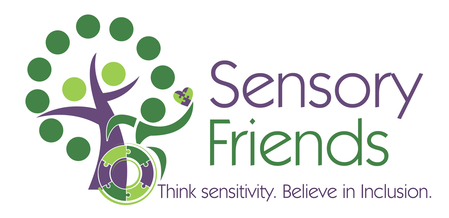

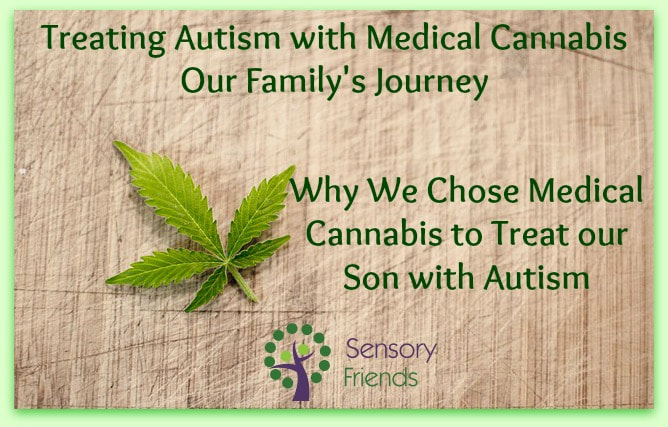
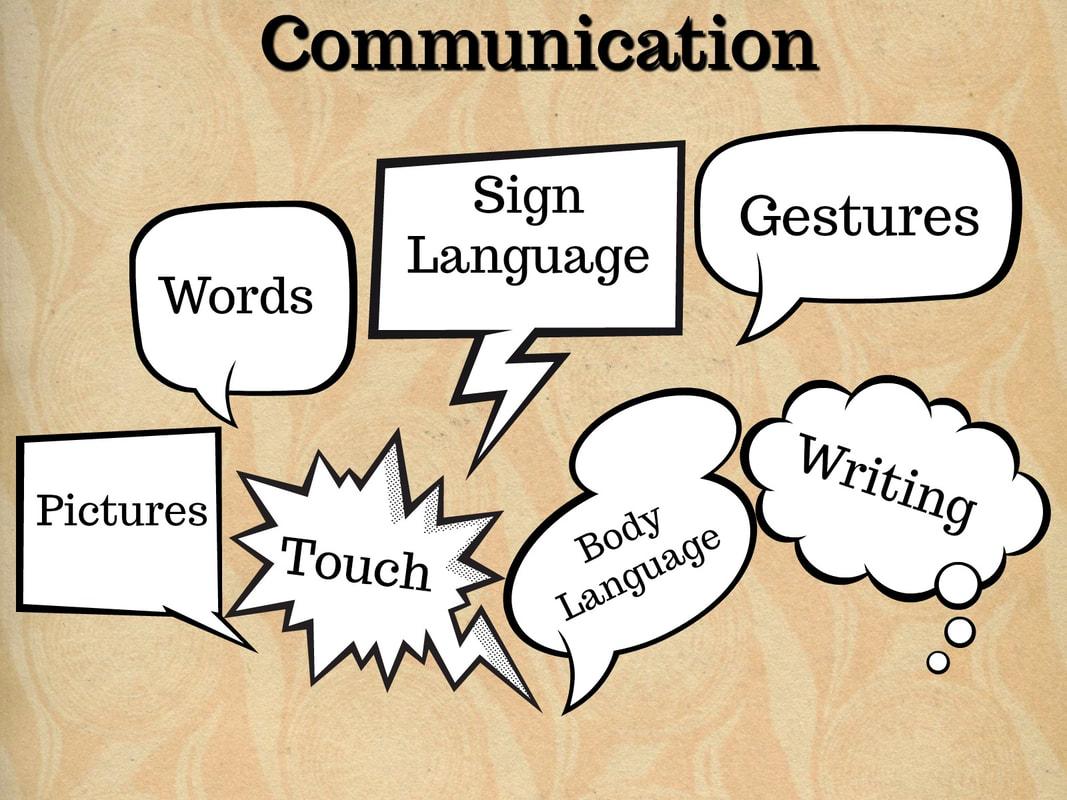
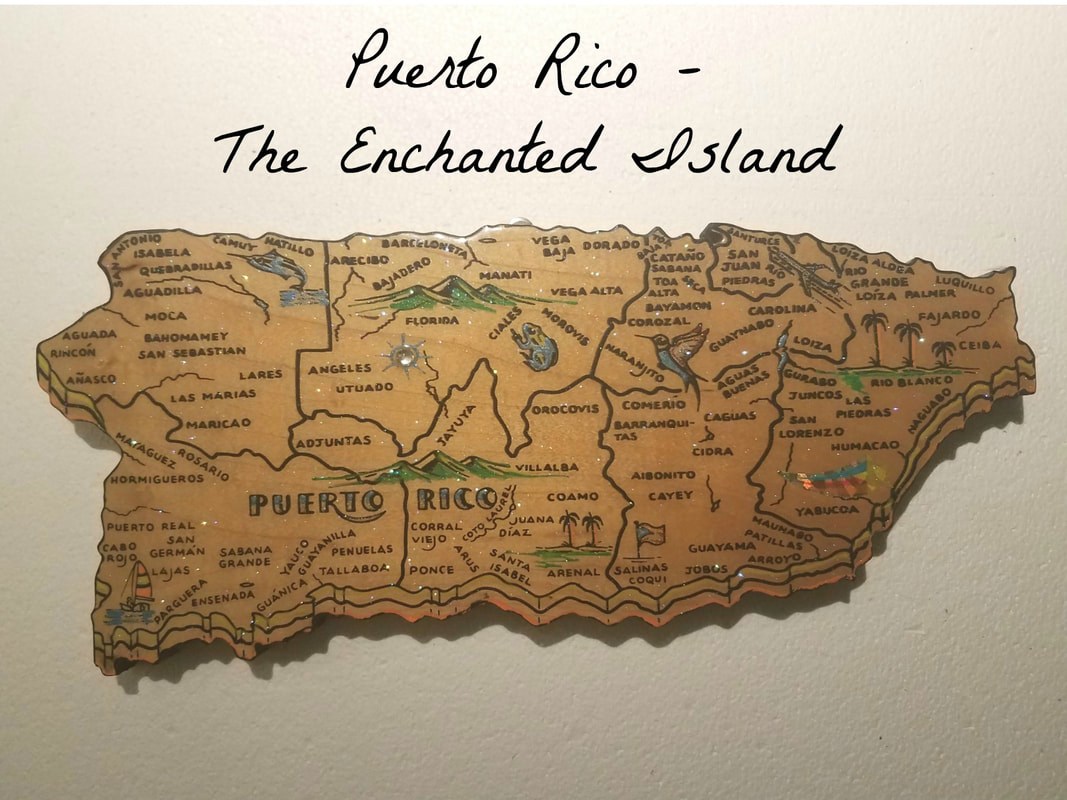
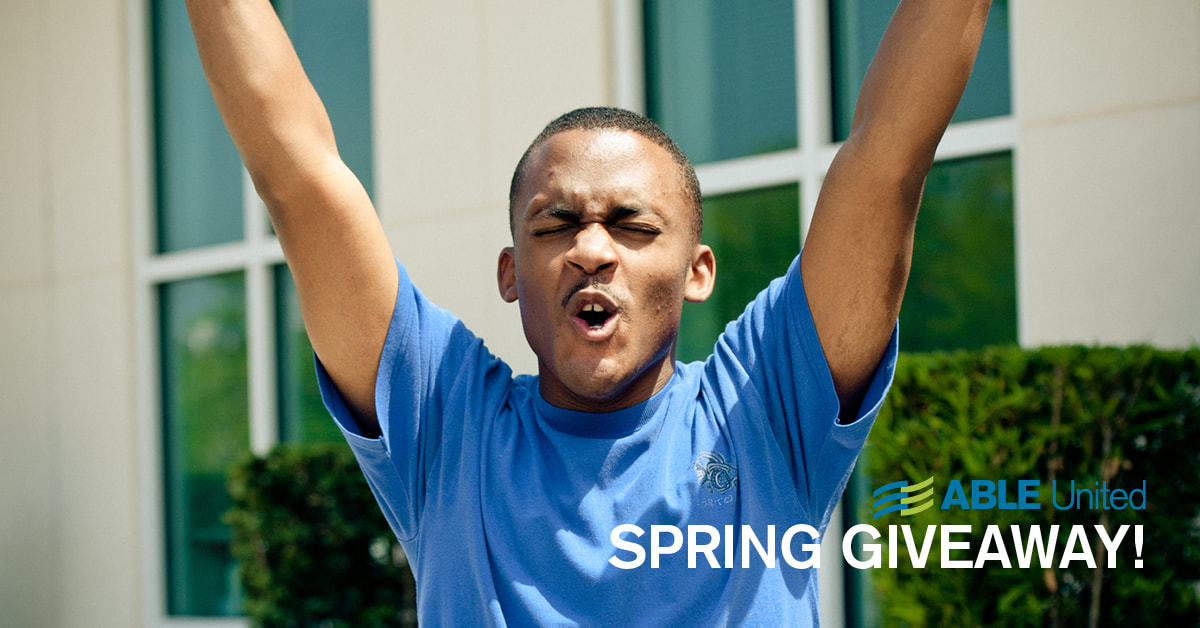
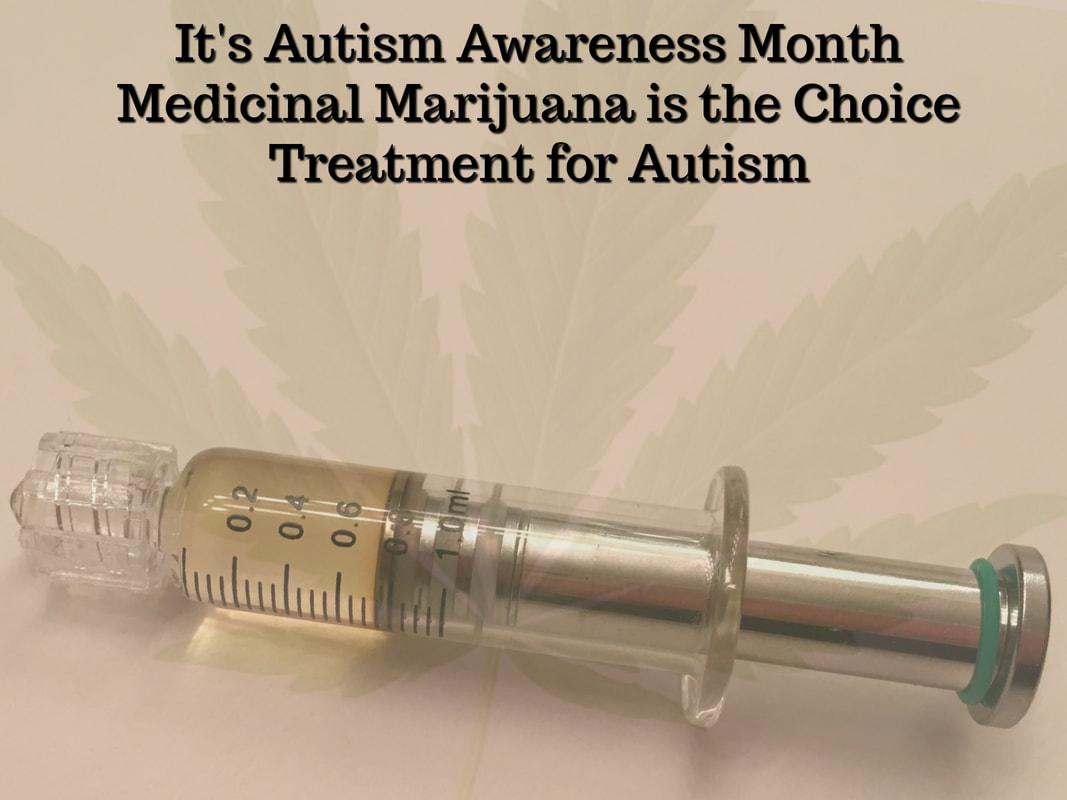
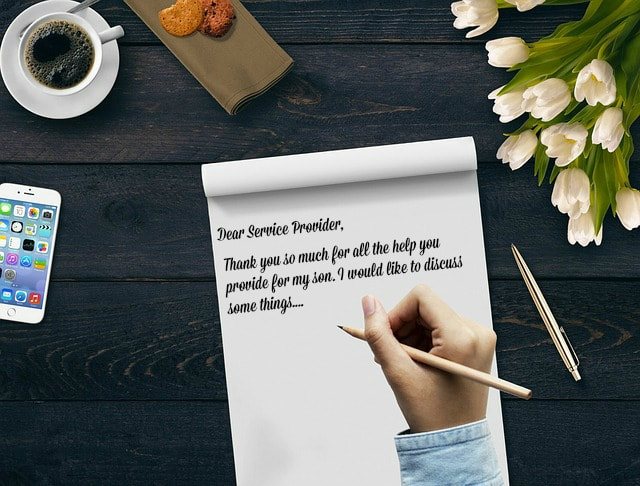
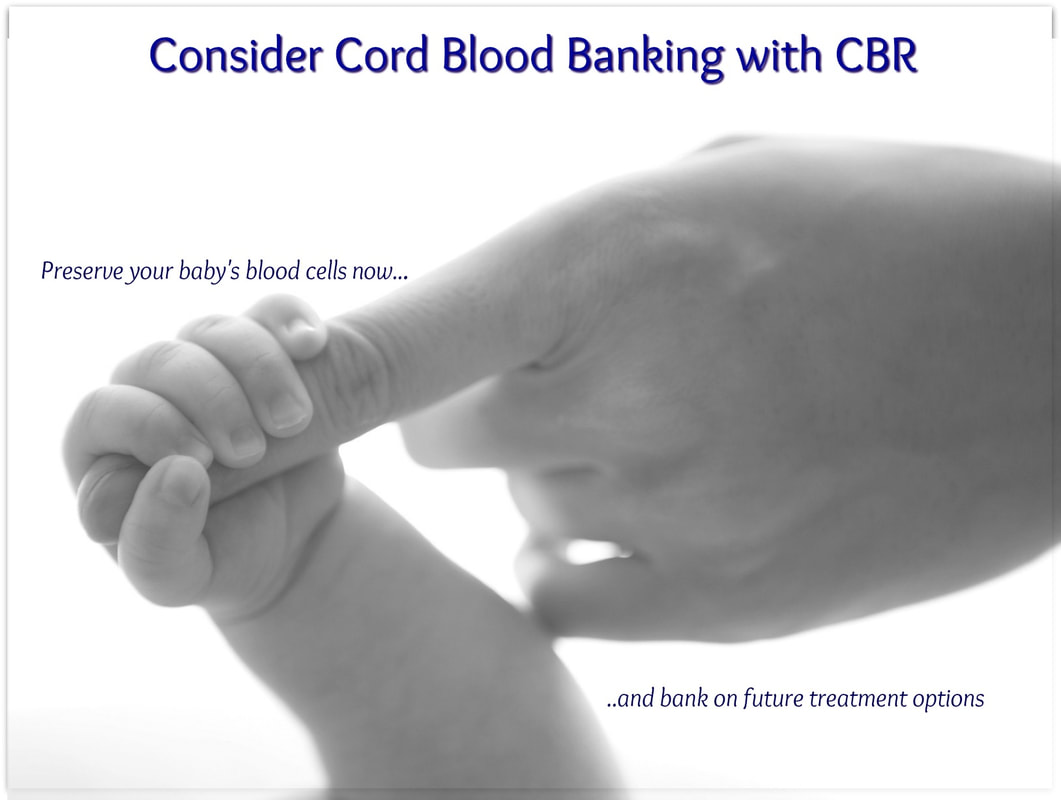
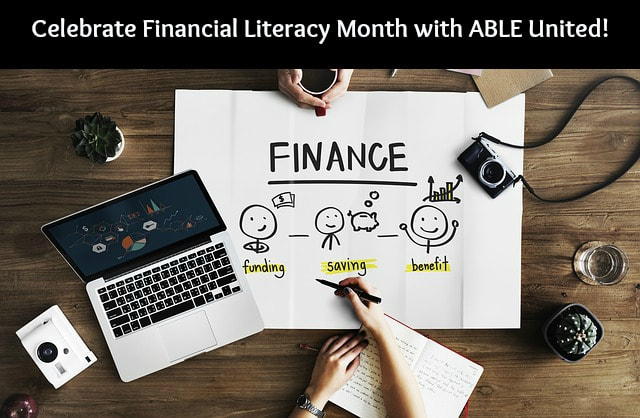
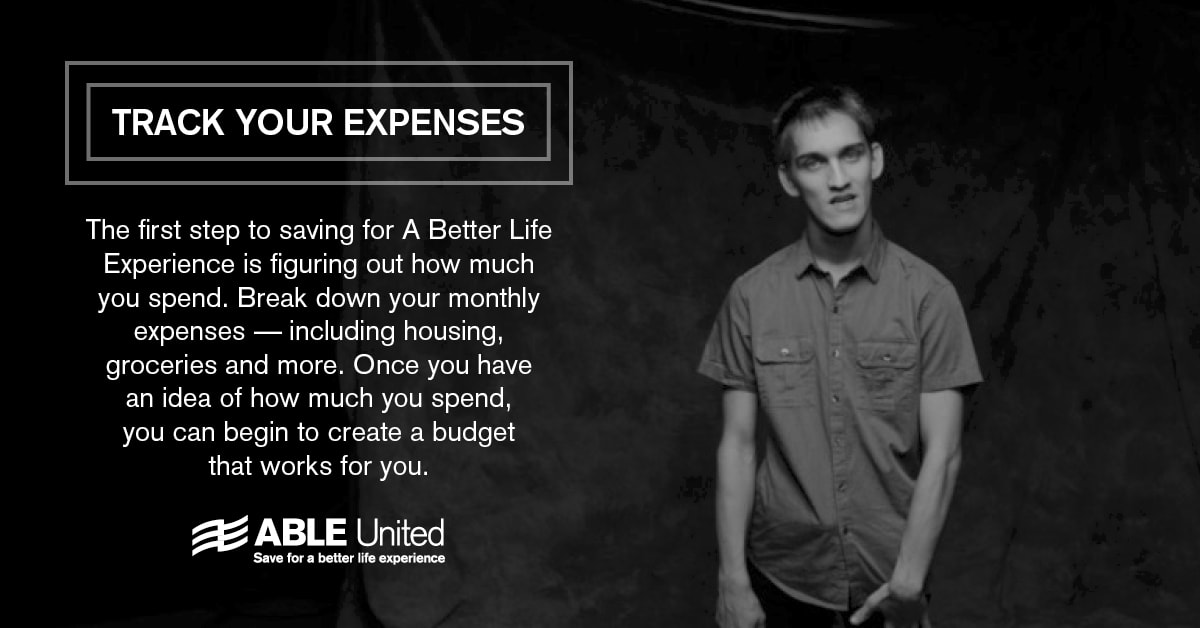
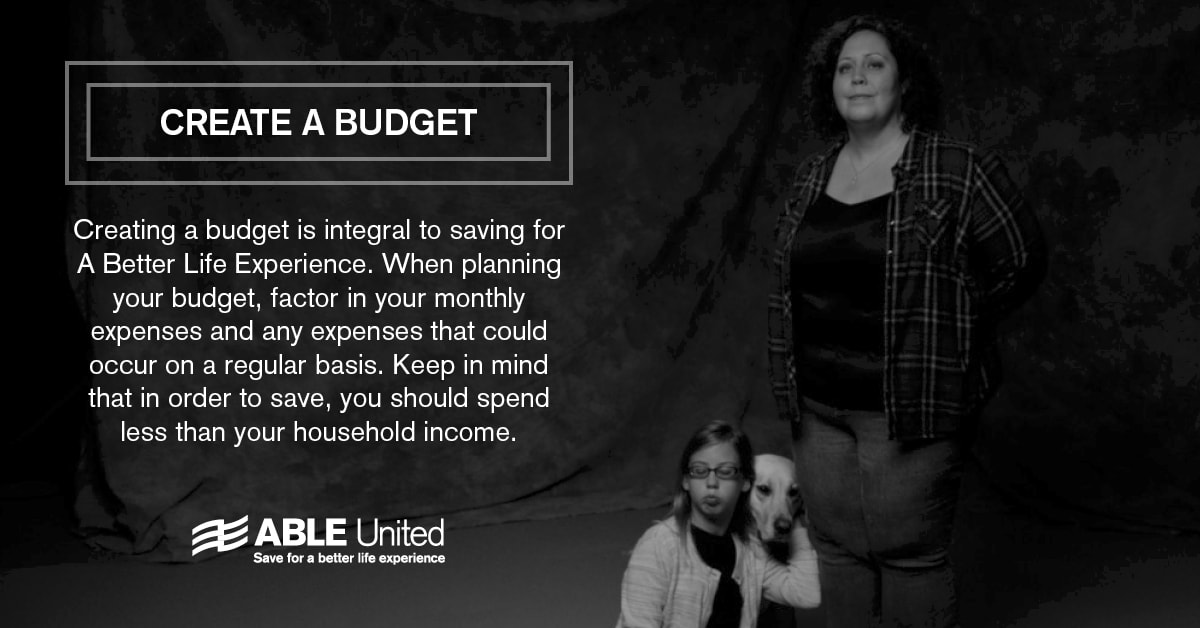
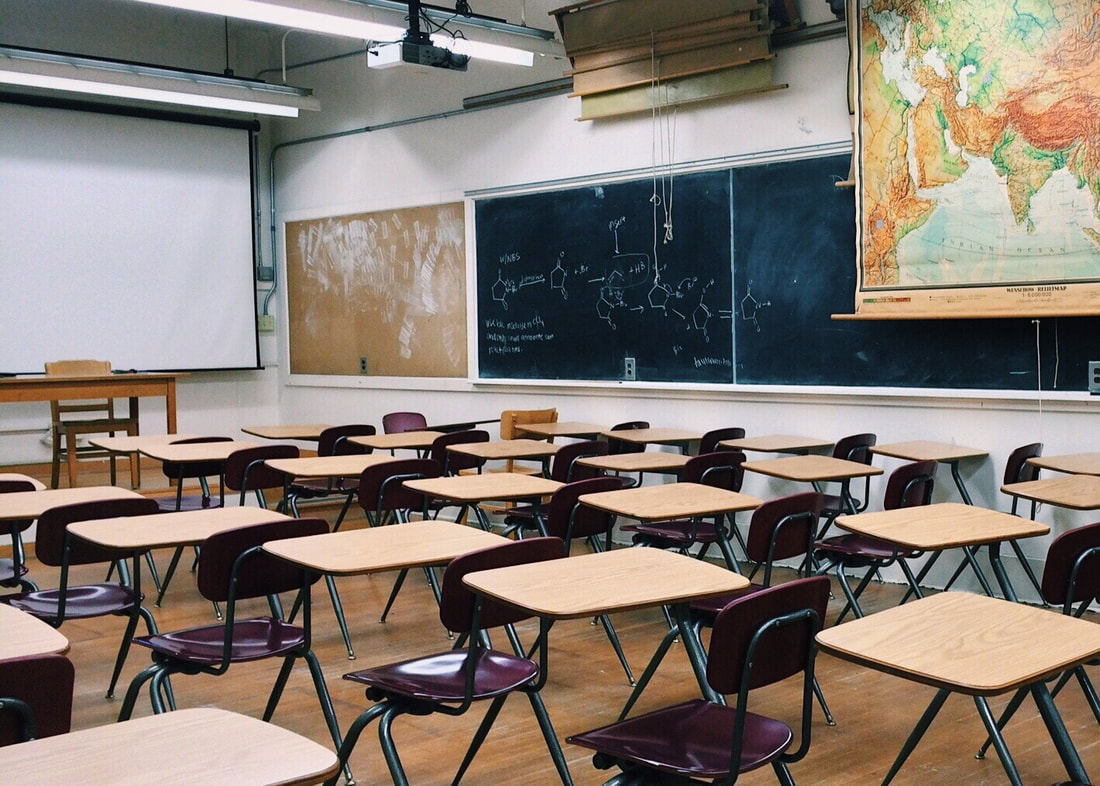
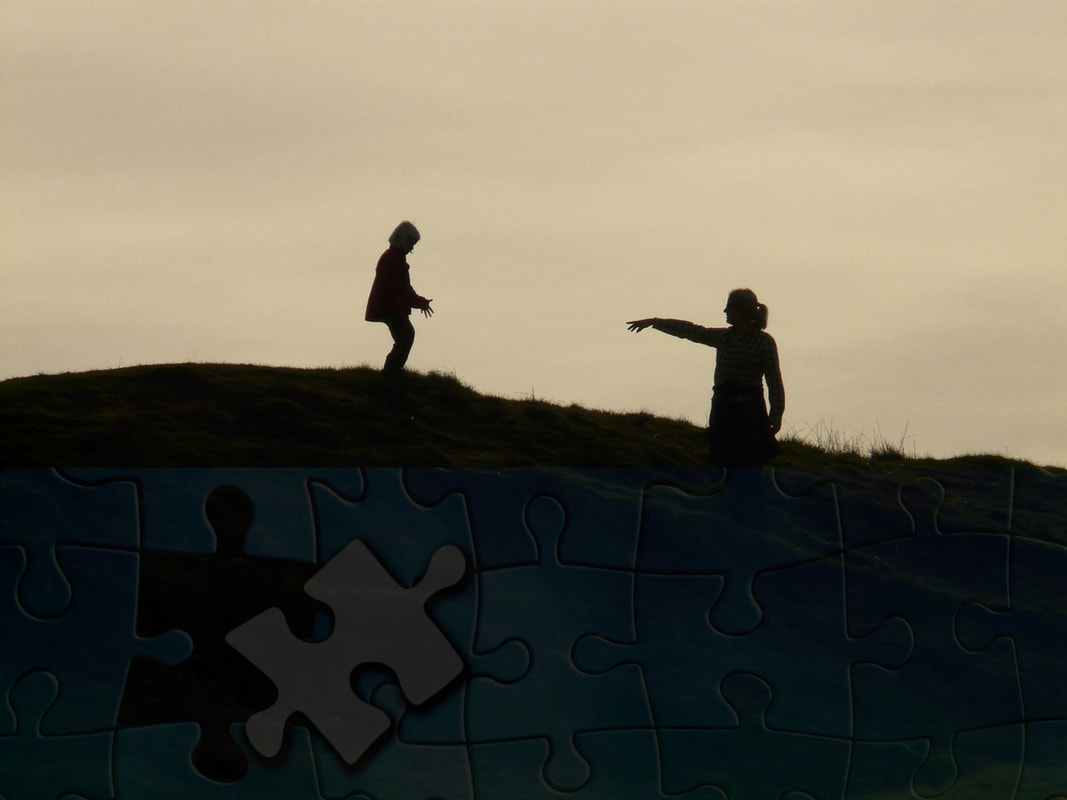
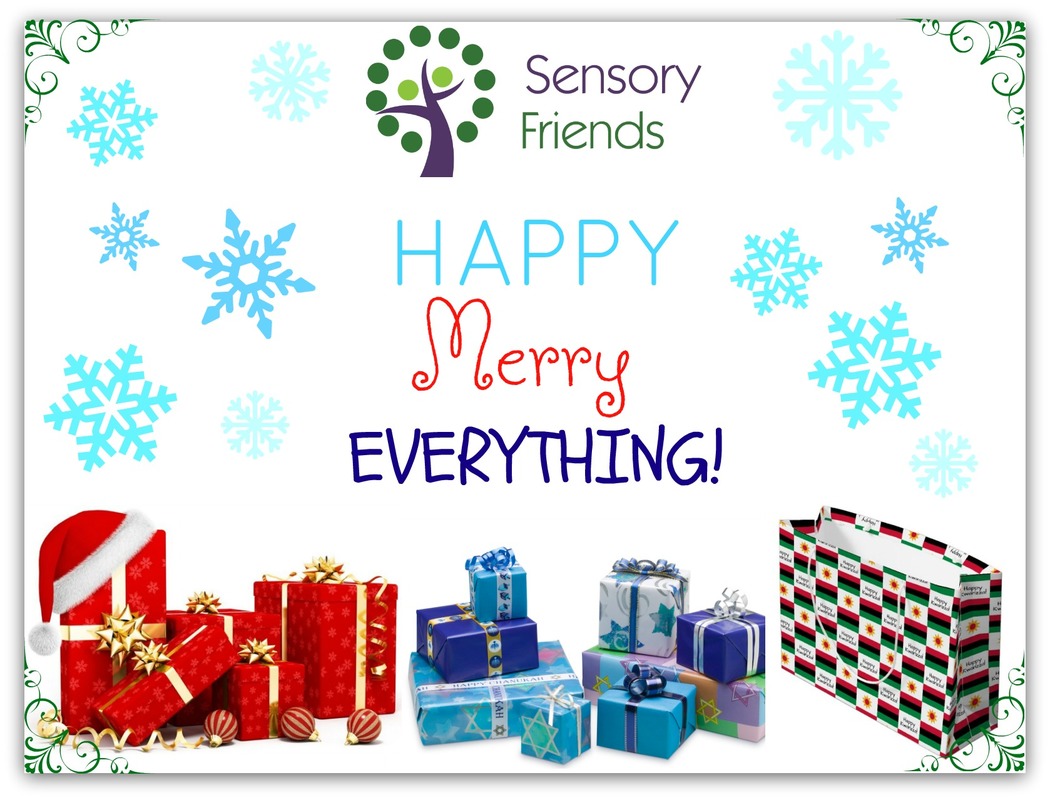
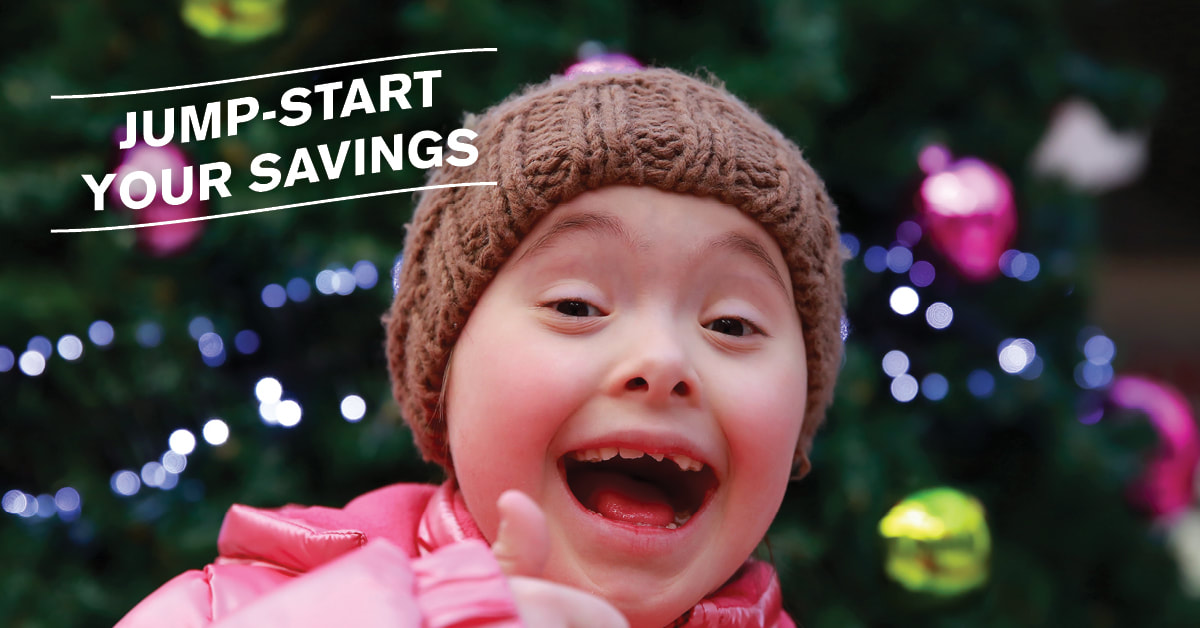
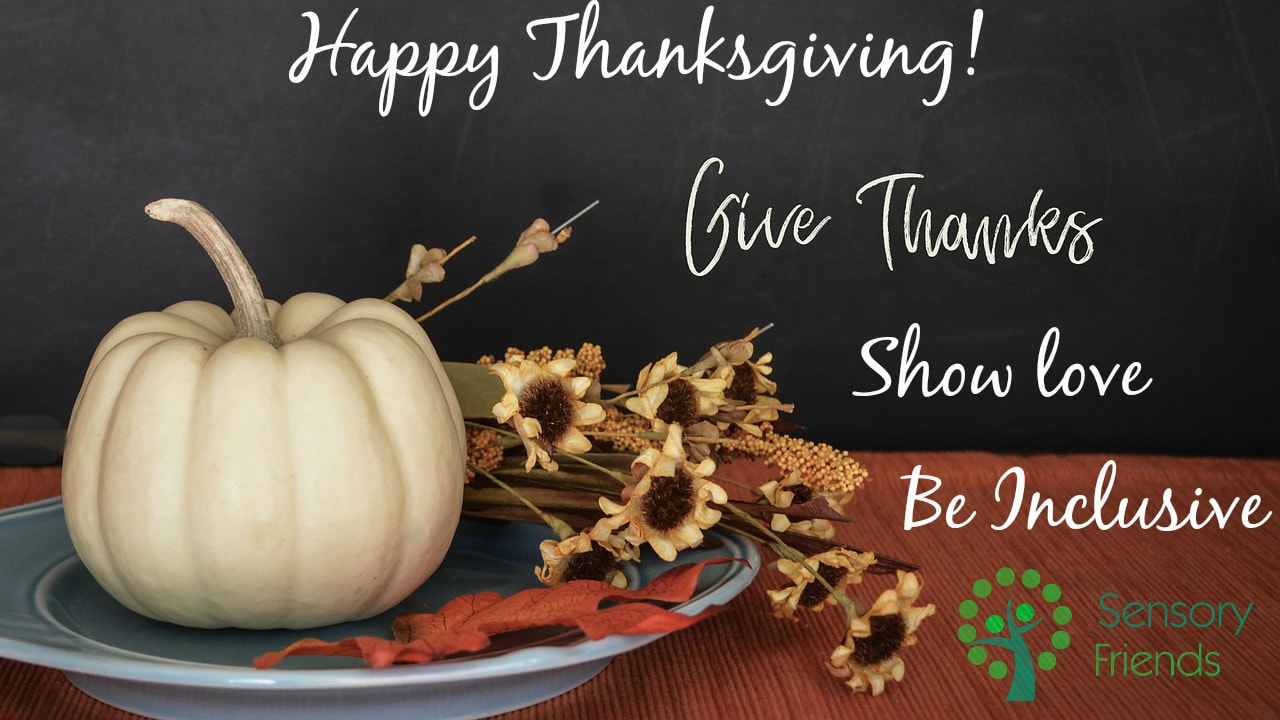

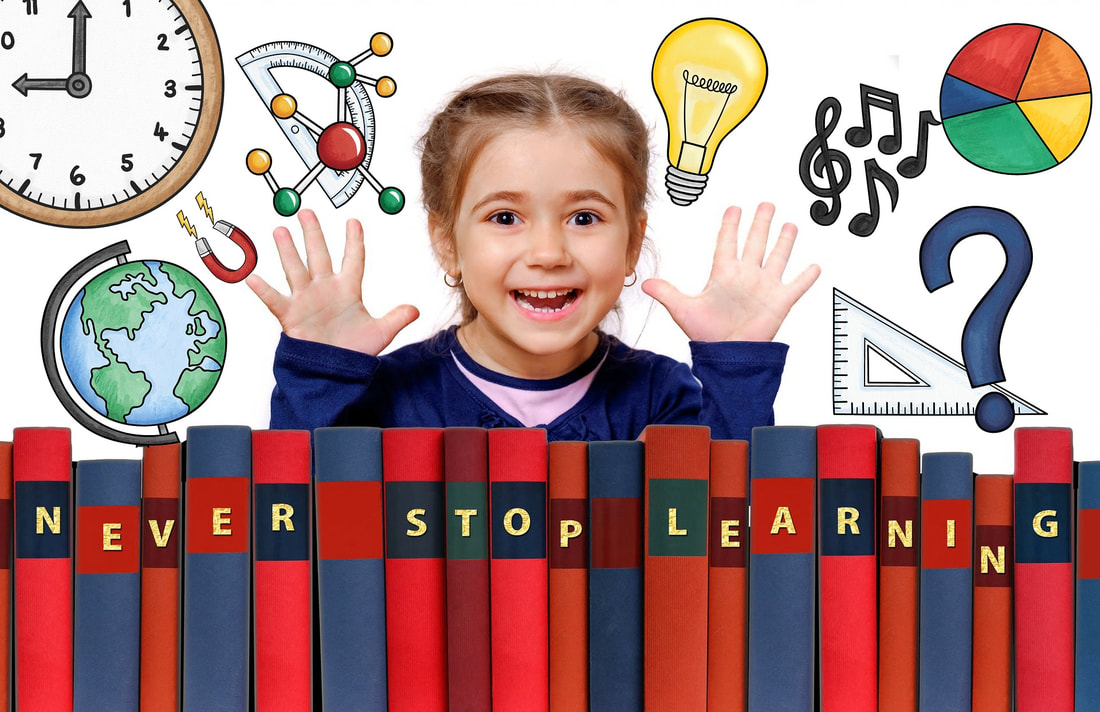
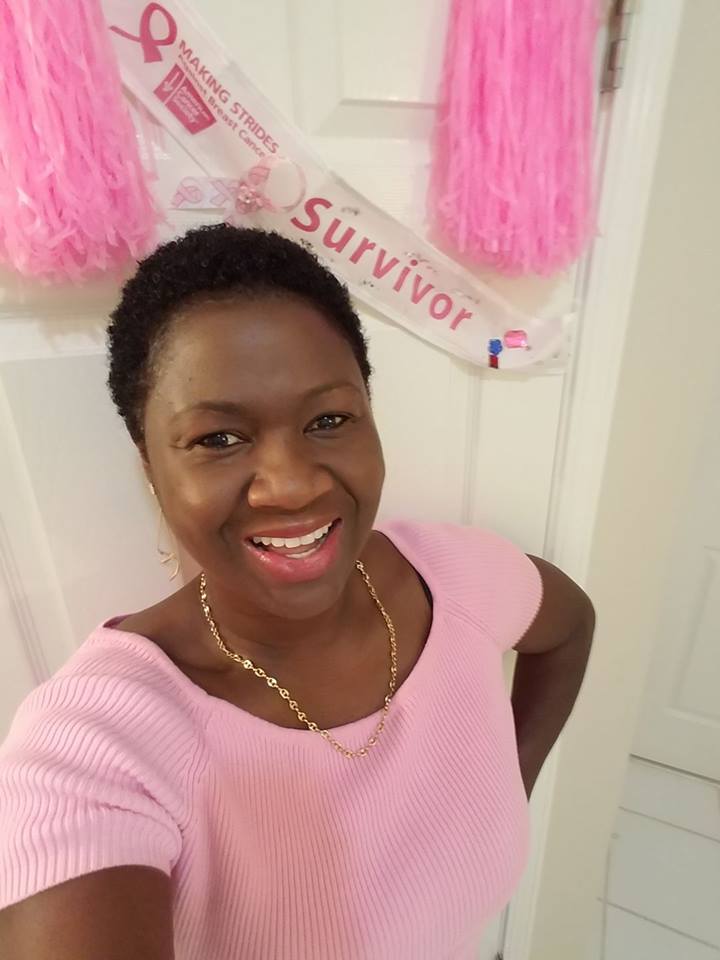
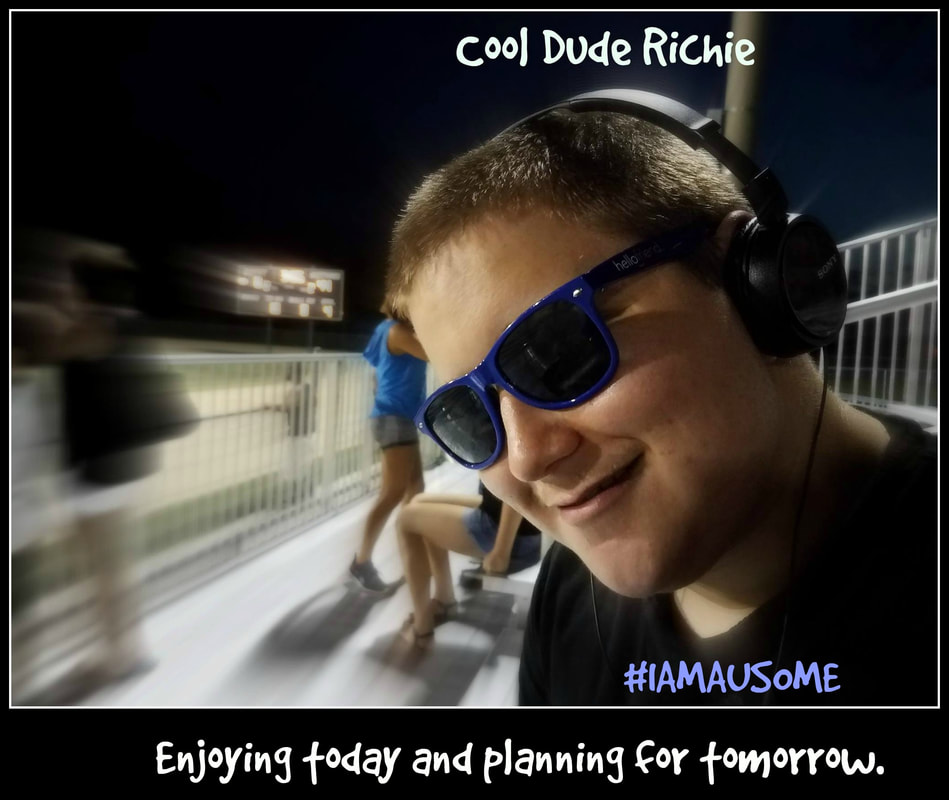
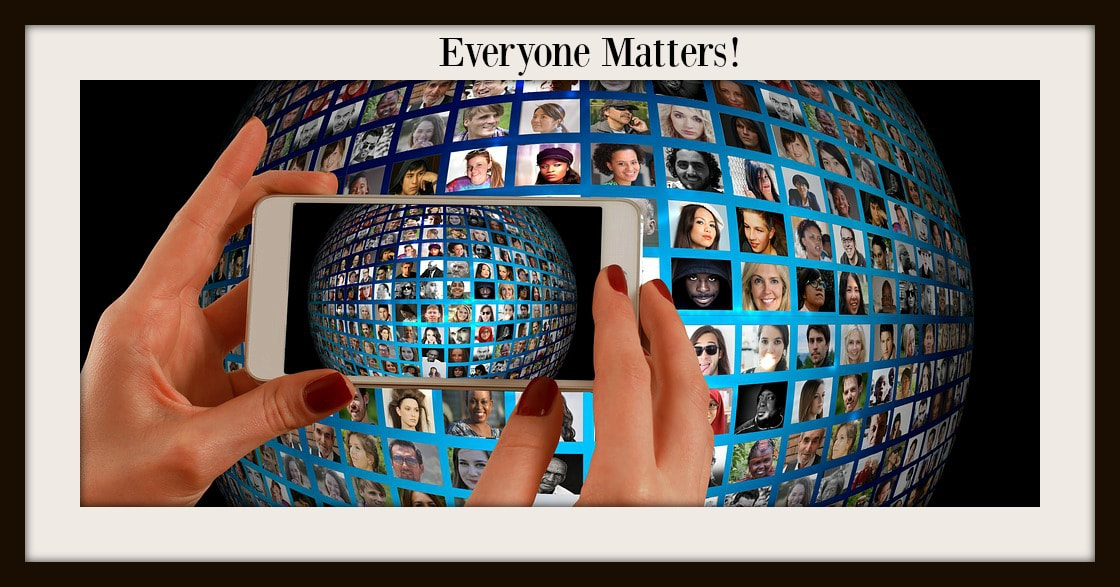
 RSS Feed
RSS Feed